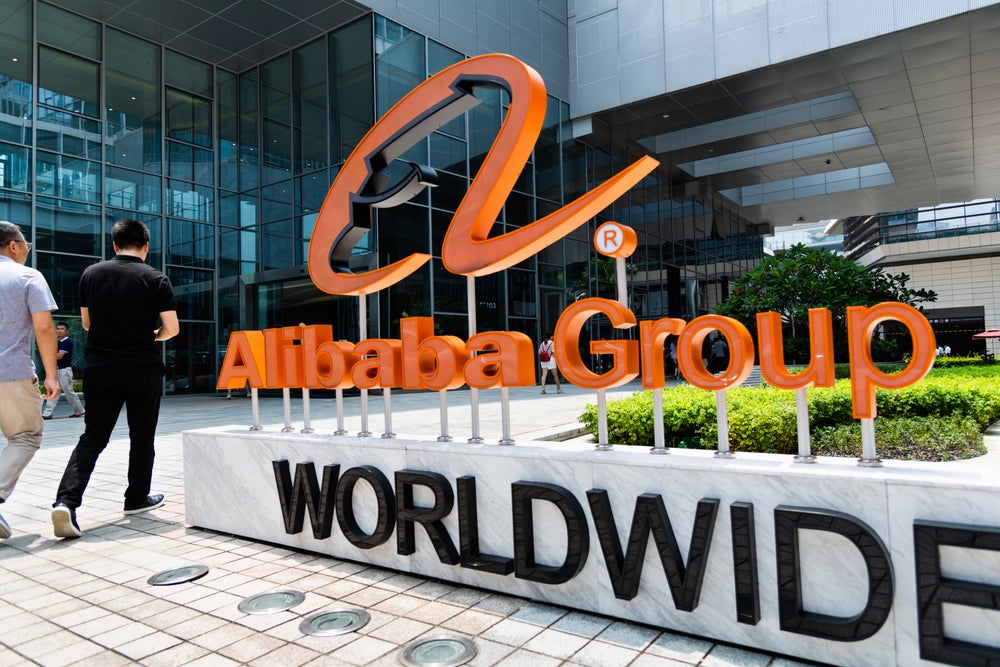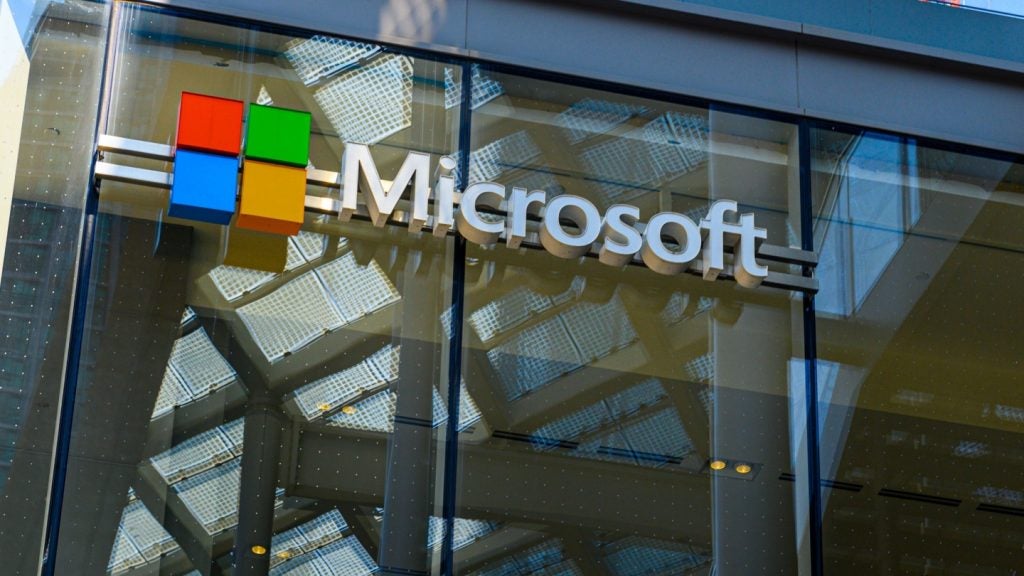
Chinese tech giant Alibaba said it wants to expand its Southeast Asian ecommerce platform Lazada to reach a gross merchandise volume (GMV) of US$100bn, according to a presentation given at Alibaba’s investor day on Thursday.
Alibaba’s new strategy for Lazada, which it acquired in 2016, marks the ecommerce giant’s desire to expand its overseas reach. The presentation showed that during the year ended September 2021, Lazada generated US$21bn in GMV. Alibaba added that it also hopes to serve 300 million customers in the region, doubling its current customer base.
The company did not indicate a specific time frame in which it hopes to achieve these goals.
As a comparison, the Singapore-based tech conglomerate Sea’s ecommerce arm Shopee – the market leader in Southeast Asia – generated US$35.4bn in GMV in 2020. Argentina-headquartered Latin ecommerce giant MercadoLibre is the second-biggest player in SE Asia.
In a recent management reshuffle, Alibaba indicated that it wanted to focus more on its overseas business. Currently, foreign sales only account for 7.5% of the multinational’s total revenue. Jiang Fan, the former head of Alibaba’s domestic retail unit, was recently put in charge of growing the overseas ecommerce operations.
Lazada has also undergone several personnel changes since its acquisition, with two CEO’s stepping down before current CEO Chun Li took over in 2020.
How well do you really know your competitors?
Access the most comprehensive Company Profiles on the market, powered by GlobalData. Save hours of research. Gain competitive edge.

Thank you!
Your download email will arrive shortly
Not ready to buy yet? Download a free sample
We are confident about the unique quality of our Company Profiles. However, we want you to make the most beneficial decision for your business, so we offer a free sample that you can download by submitting the below form
By GlobalDataRecently, Alibaba has faced headwinds to its ecommerce business, following Beijing’s aggressive clampdown and growing competition. For the year ending March 2022, the company is expected to grow at its slowest rate since its inception in 1999. Analysts predict that the growth rate will be between 20% and 23%.
Aside from expanding its ecommerce endeavours in Southeast Asia, Alibaba is also accelerating its cloud business in the region. In June, the company said it would launch its first data centre in the Philippines by the end of 2021. It also opened its third data centre in Indonesia.
In addition, at its annual Alibaba Cloud Summit, the company announced that it would set aside US$1bn over the next three years to nurture digital skills in Southeast Asia as part of its AsiaForward Project. It pledged to upskill local developers, small-to-medium-sized businesses and connect entrepreneurs with venture capital.
The fund will be allocated to empower 100,000 developers and the growth of 100,000 technology startups in the Southeast Asian region, Alibaba said.
Alibaba currently ranks number four on GlobalData’s thematic scorecard in the ecommerce sector. According to the analysis, the company stands out in areas such as artificial intelligence and digital payments but lacks behind when it comes to sustainability and regulation.
Competition heating up in Southeast Asia’s ecommerce market
The ecommerce sector grew at a breakneck speed over the last decade from US$399bn in 2010 to US$1.6tn in 2019, according to GlobalData’s analysis. Covid-19 has further accelerated the shift towards online shopping.
In the Southeast Asian region, this trend is very clear. Digital retail grew 85% year-on-year, and the region is on track to see almost 80% of consumers go digital by the end of 2021.
Over the next five years, Southeast Asia’s ecommerce sales are projected to grow at 14% per year, a report conducted by Facebook and Bain & Company said. This could be a significant opportunity for Alibaba. However, competition is also fierce.
Aside from Shopee and MercadoLibre, Alibaba also needs to fend off locally based newcomers in Southeast Asia’s ecommerce scene, such as GoTo and Bukalapak.
Indonesia’s biggest tech conglomerate, GoTo Group, recently appointed underwriters to manage its US$1bn initial public offering (IPO), which could take place as early as the first quarter of 2022, Bloomberg reported, citing sources familiar with the matter.
GoTo is the result of the recent merger of two of Indonesia’s most valuable tech firms, combining Tokopedia’s ecommerce prowess with Gojek’s ride-hailing and payments operations.
The newly formed company has hired PT Mandiri Sekuritas and PT Indo Premier Sekuritas to manage the float, according to Bloomberg’s report.
The company said last month that it had raised US$1.3bn in what’s likely to be its final pre-IPO funding round.
Another Indonesian ecommerce platform, Bukalapak, recently raised US$1.5bn in the country’s biggest IPO, becoming Indonesia’s first unicorn.
As ecommerce and digital payment go hand in hand, the region’s fintech scene is also reaching new heights. With more purchases being made online, fintech services such as “buy now, pay later” (BNPL), digital wallets and cryptocurrencies have also become more ubiquitous, the Facebook and Bain & Company report said.
Verdict recently reported that Hong-Kong based fintech unicorn WeLab raised US$240m to grow its presence in Indonesia.





